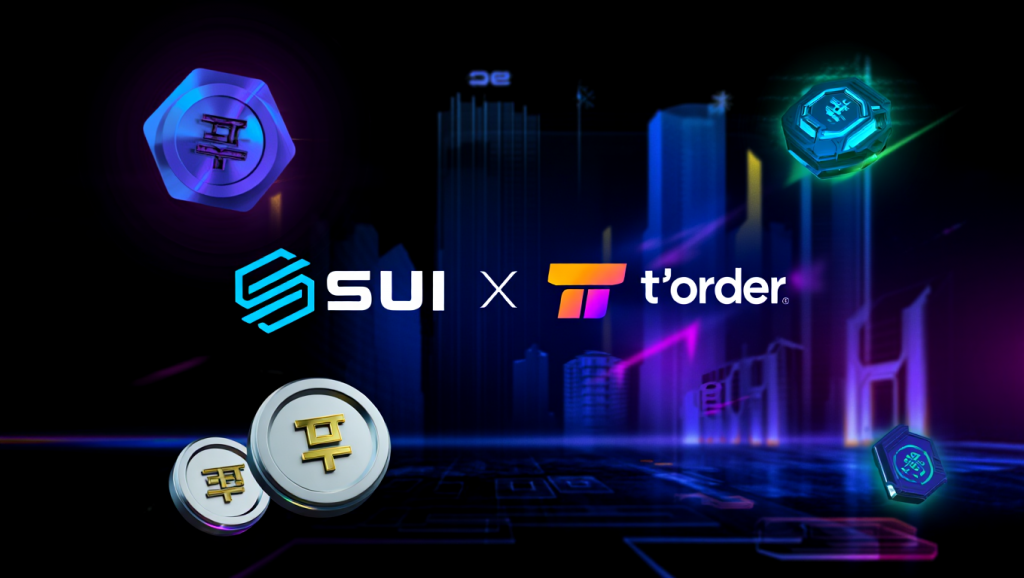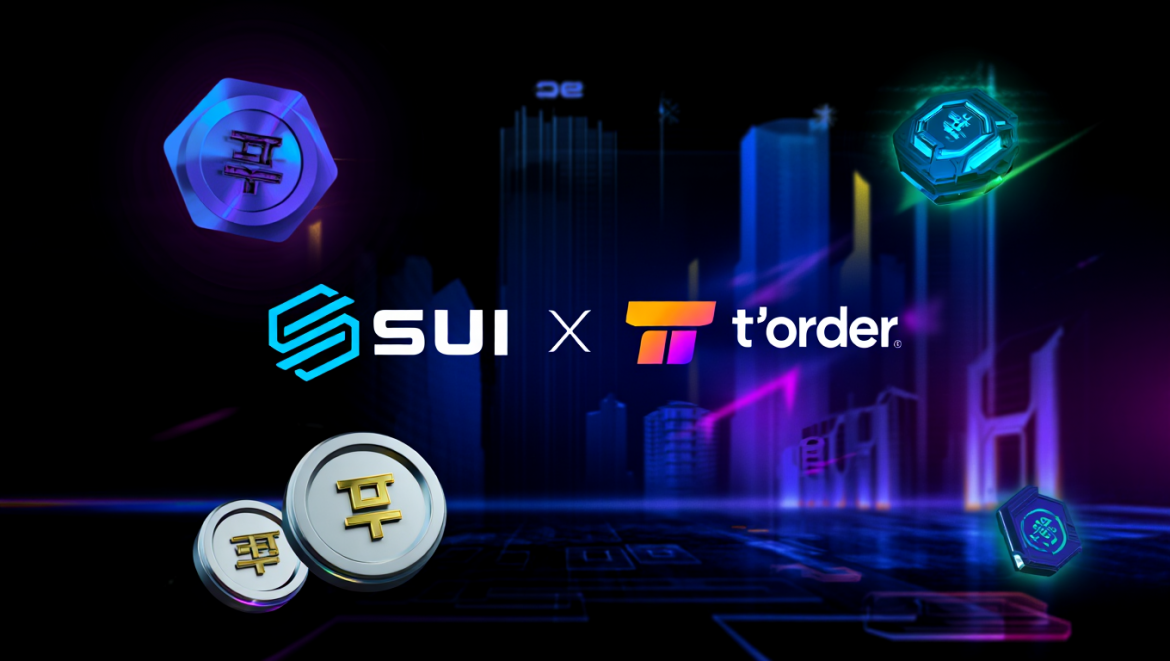In a significant move toward real-world crypto adoption, Sui blockchain revealed a major Sui partnership with t’order, South Korea’s largest table ordering platform. The two will collaborate to develop a nation-wide stablecoin payment infrastructure for everyday payments, with their eyes set on the country’s massive food service market.

The Aim of the SUI Partnership: Revolutionizing Payments
The collaboration plans to integrate t’order’s QR code and facial recognition technology with a new won-pegged stablecoin on the Sui blockchain. This is to make the payment flow more streamlined, faster, and less expensive for small businesses.
t’order processes a staggering $4.3 billion in transactions annually on its network of over 300,000 point-of-sale terminals. By utilizing stablecoins, the company wants to replace expensive credit card fees with inexpensive digital settlements, while continuing its mission of zero-fee payments for merchants.
Targeting a Multi-Billion Dollar Market
This Sui partnership is focusing on South Korea’s food service industry, valued at an estimated 190 trillion KRW (approximately $140 billion). Sui Foundation Managing Director Christian Thompson stated that the project aims to “improve the consumer experience for millions in Korea.”
He also pointed out that the mass adoption of crypto payments is accelerating, with Sui being one of the leaders in the drive.
How the System Will Work
- While no launch date and particular stablecoin issuer were noted, the plan is simple:
- A Korean won-pegged stablecoin will be put on the Sui blockchain.
- All transaction and loyalty information will be stored on Walrus, a decentralized storage protocol on Sui.
- The program will go live on t’order’s vast national network.
The Bigger Picture in South Korea
This partnership falls under the auspices of a larger national push in South Korea to develop a domestic digital asset ecosystem. The country is actively decreasing its reliance on dollar-pegged stablecoins like USDT. Just recently, the fully-backed won-pegged token KRW1 launched on the Avalanche blockchain.
Furthermore, regulators are in the process of drafting a new bill in October to establish clear rules for the issuance of stablecoins, with a focus on collateralization and transparency. This Sui partnership is well-placed to align with these overall regulatory and industry trends.



